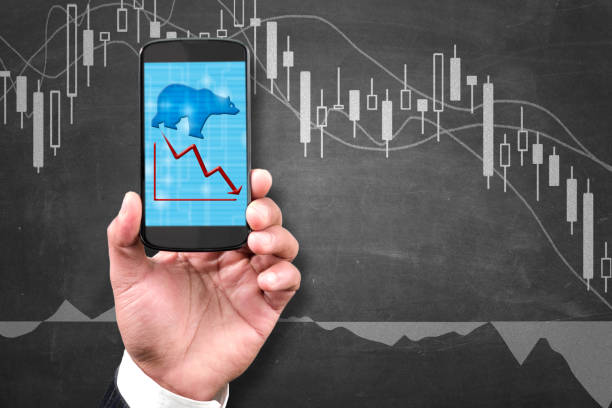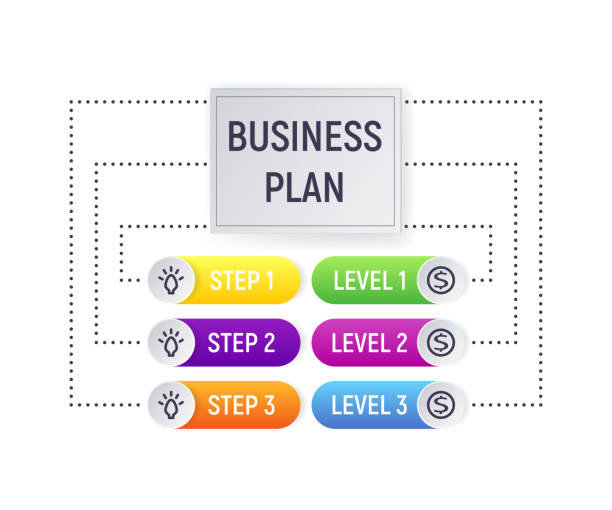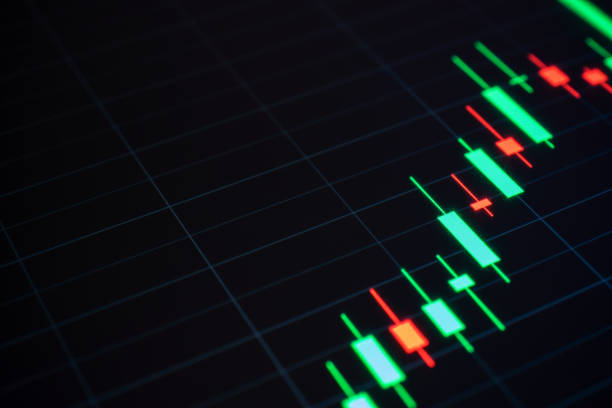How Premarket Trading Works, its Benefits and Risks
What is premarket trading?
The premarket session is a period when trading occurs before the market opens. Premarket is the trading session that occurs before regular market hours. Traders closely watch premarket trading to gauge the market’s strength and its direction before the joint session.
Only limited orders can be placed through “electronic markets” such as electronic communications networks (ECN). Market makers cannot execute orders before the opening bell at 9:30 am EST.
Understanding Premarket Trading
The premarket is characterized by limited liquidity and volume. This leads to large spreads. Some direct access brokers offer premarket trading as early as 4:00 am Eastern Standard Time (EST) Monday through Friday.
The morning is when most stocks are very quiet unless they have news. Most stores are also showing only stub quotes. Index-based exchange-traded funds, such as SPDR S&P 500 (SPY), will have sections that move due to trading S&P 500 contracts. The S&P 500 Futures can also move the top holdings of benchmark indices. Apple Inc., a large-cap stock that is widely held ( AAPL), tends to see trades at 4:15 am EST. 2
After-hours trading was introduced before the premarket. In June 1991, the New York Stock Exchange introduced after-hours trades by extending its trading hours by one hour. This was a reaction to the increased competition of international exchanges such as London and Tokyo and private exchanges that offered more trading hours. 2.24 million shares were traded in just two sessions.
Premarket Trading: Benefits
Premarket and after-hours trading–collectively known as extended-hours trading–share similar benefits and risks. We’ll start with the benefits:
- Allows retail investors to react quickly to the overnight news. Premarket trading enables retail investors to respond early on to overnight information. This news can be company earnings (although most companies announce earnings after the markets close rather than at market opening), a significant announcement by a company, breaking news overnight such as geopolitical developments, or news from overseas markets. It is important to note that premarket reactions may change in regular trading sessions. Premarket trading may indicate strength or weakness not reflected when average trading volumes begin. A stock that has reported a disappointing earnings report may have a significant drop in premarket trades, but it could end up higher during the regular trading session.
- Convenience: This is an essential benefit for do-it-yourself investors, as only some’s schedules allow them to trade during regular market hours. Due to the hectic pace of daily life, most people find it beneficial to begin the day early to place trades during the premarket.
- Get an edge on your competition. Astute investors and traders who are experienced with extended-hours trading and familiar with trading patterns may be able to use the premarket to purchase or sell stocks for a better price than other traders during the regular session. It is possible to do this if premarket reactions to the news are accurate and the stock doesn’t discount the information entirely in premarket trade. A store trading higher in premarket trading will continue to trend higher during the regular session.
Premarket Trading: Risques
Now let’s look at the risks associated with premarket trading.
- Limited Liquidity and Wide Bid-Ask Spreads The number of investors and traders in regular trading is much greater than the number of buyers of stocks during the premarket. Premarket volumes are usually a tiny fraction of the volume in regular trading. Low trading volumes result in limited liquidity, greater volatility, and wide bid-ask spreads.
- Uncertainty: The prices of stocks traded during premarket hours may differ significantly from those of the stores that are sold during regular business hours. Premarket prices can only be based on a few electronic communication networks. During regular trading, multiple exchanges and ECNs provide stock prices. This leads to better pricing discovery. The stock quotes displayed are consolidated, representing the best bids and offers across all trading venues.
- Limit order non-execution Many brokerages accept only limit orders during extended trading hours to protect investors against unexpectedly adverse price changes. Limit orders are only executed if the price exceeds the limit. This feature lets investors know the price at which they buy or sell a stock. This also means the order won’t be executed if the cost exceeds the limit.
- Institutional traders are a threat to retail traders. Retail traders have an unfair playing field when it comes to premarket trading. This is because most participants in the market are professional and institutional traders who are more experienced and have access to better and faster information.
Only experienced traders should trade in the premarket due to the high risks involved. Retail traders are at a disadvantage. Seasoned traders can assess the nuances of trading, such as whether premarket reactions to the news are an overreaction or underreaction, and take decisive actions on trading matters, like opening or closing a stock position or setting limits for buys and sales at certain levels.
When does premarket trading begin?
The premarket can begin as early as 4:00 am Eastern Standard Time, but most trading occurs between 8 and 9:30 am EST.
What securities can be traded in the premarket session? Options?
Generally, only stocks on the stock exchange can be traded during premarket sessions. But not all stores. Some stores, such as those with a small cap or limited float, may not be able to support premarket trading. Options are not allowed to be traded during the premarket trading session.
Do online brokers offer premarket trading?
Most online brokers provide premarket trading. However, the hours vary from broker to broker. Premarket trading is available at some online brokers. (Note that these hours are subject to change.)
- TD Ameritrade provides premarket trading between 7 am EST and 9:28 am EST. 6
- Premarket orders at Charles Schwab can be entered between 8:05 pm (the previous trading day) to 9:25 am EST. They are eligible for execution from 7 am to 9:25 am EST. 7
- E*TRADE provides premarket trading between 7 am and 9:30 am.
- Interactive Brokers offers pre-trading on its “IBKR Pro ” accounts between 4 am EST and 9:30 am EST. For its “IBKR Lite ” accounts, the time is 7 am EST until 9:30 am EST.
- The premarket trading period at Robinhood is 9 am EST to 9:30 am EST. Trades can still be made as early as 858 am EST.
- Webull offers premarket trading between 4 am and 9:30 am.
Can a limit order from premarket trading carry over into the regular session?
Limit orders placed during premarket sessions are usually only valid until the end of that session. If not executed, they do not carry forward to regular trading hours. Interactive Brokers allow limit-or-stop-limit orders to be active during all trading sessions, including premarket trading, regular trading hours, and after-market. To do this, add the attribute “Allow outside RTH.”
Why are extended trading hours necessary?
By extending trading hours, investors can react to events and news when markets are closed. This is a convenient option for those unable to buy or sell securities during regular trading hours.
What is the Nasdaq 100 Premarket Indicate?
The Nasdaq 100 Premarket indicator is calculated using the last sale price of Nasdaq 100 securities between 8:15 am and 9:30 am EST. The calculation is based on the previous day’s closing price at 4 pm for Nasdaq 100 securities that don’t trade in the premarket. The Nasdaq 100 Premarket and After Hours indicators are suitable gauges of the market’s sentiment during extended trading times. 12
Will 24-Hour Stock Trading Soon Be A Reality?
In the coming years, the 24-hour trading of foreign exchange and cryptocurrency may be extended to the equity markets. 24 Exchange, an offshore crypto and forex trading platform, wants to bring round-the-clock trading in the digital currency world to the stock exchange. 24 Exchange submitted forms to the Securities and Exchange Commission (SEC) in October 2021 to receive a license for a 24-hour trading platform in 2022.





Post Comment